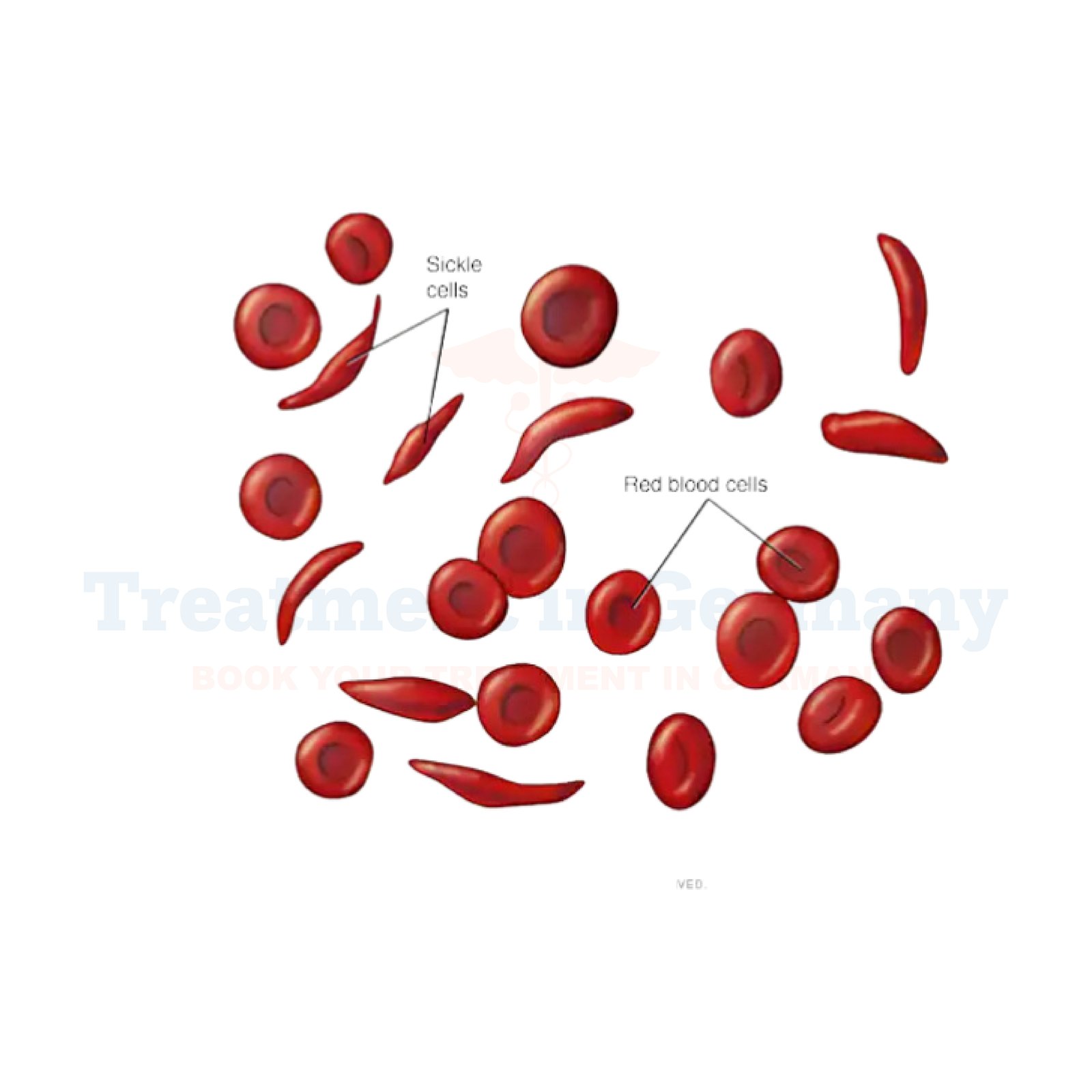What is Sickle Cell Anemia?
Sickle Cell Anemia (SCA) is a genetic blood disorder characterized by the production of abnormal hemoglobin, known as hemoglobin S.
This causes red blood cells to become rigid and take on a crescent or "sickle" shape, rather than the normal round shape.
These sickle-shaped cells can block blood flow in small blood vessels, leading to pain, organ damage, and other serious complications.
Side Effects of Sickle Cell Anemia
Patients with Sickle Cell Anemia may experience a range of symptoms and complications, including:
- Pain Crises: Episodes of severe pain, often in the bones, chest, abdomen, or joints, due to blocked blood flow.
- Anemia: Reduced red blood cell count, which can cause fatigue, weakness, and shortness of breath.
- Organ Damage: Sickle cells can impair blood flow to organs such as the lungs, kidneys, and spleen, leading to damage and dysfunction.
- Infections: Individuals with Sickle Cell Anemia are more susceptible to infections, particularly those caused by encapsulated bacteria.
How is Sickle Cell Anemia Diagnosed?
Diagnosing Sickle Cell Anemia typically involves several tests:
- Blood Tests: A complete blood count (CBC) can reveal abnormal hemoglobin levels and the presence of sickle-shaped cells.
- Genetic Testing: DNA analysis can identify the specific genetic mutations responsible for Sickle Cell Anemia.
- Screening: Newborn screening programs can detect the disorder early, even before symptoms appear.
Potential Treatment of Sickle Cell Anemia
While there is currently no universal cure for Sickle Cell Anemia, treatment focuses on managing symptoms and preventing complications:
- Pain Management: Medications such as nonsteroidal anti-inflammatory drugs (NSAIDs) and opioids may help alleviate pain during crises.
- Hydroxyurea: This medication can stimulate the production of fetal hemoglobin, which reduces the occurrence of sickle cell crises.
- Blood Transfusions: In severe cases, regular transfusions of healthy red blood cells can improve oxygen delivery and reduce complications.
- Bone Marrow or Stem Cell Transplant: For some patients, a transplant of healthy bone marrow or stem cells from a compatible donor may offer a potential cure.
👉 Contact us for further information and receive a complimentary consultation.


.webp)
 (1).webp)

.webp)
 (1).webp)


.webp)
 (1).webp)

.webp)
 (1).webp)
